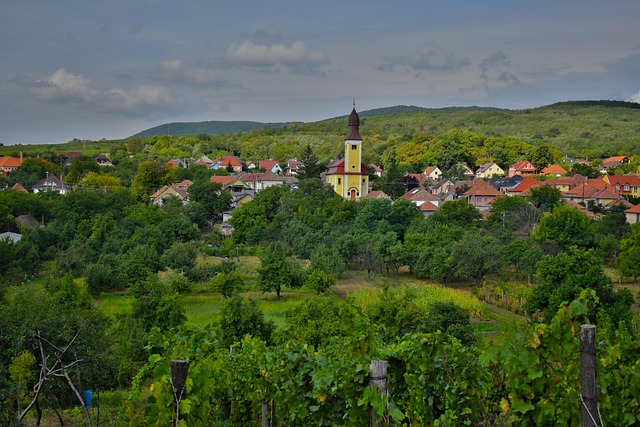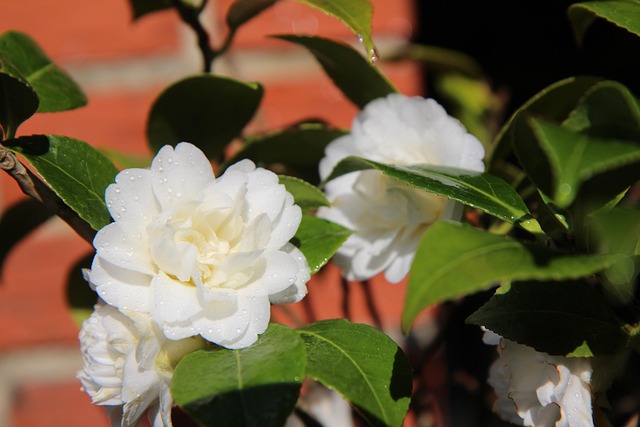Blooming Faith: How Gardens Reflect Religious Holidays
Gardens have long been a source of inspiration, beauty, and solace. They possess an innate ability to connect us to deeper spiritual truths and the cycles of life. In many cultures, gardens are not just physical spaces; they embody profound religious meanings, especially during significant holidays. Each blossom, each leaf, and each scent speaks to human experiences of faith, hope, and renewal.
The Symbolism of Growth
In the context of religious holidays, gardens symbolize growth and transformation. For example, during Passover, the imagery of spring and renewal is central, embodying liberation and new beginnings. The blooming flowers in a garden parallel the Israelites’ escape from bondage, reminding us of the flowering of faith and hope.
Similarly, the sacred observance of Easter highlights the resurrection of Christ, often celebrated with an abundance of blooming plants. Lilies, for instance, are commonly associated with purity and new life, and their vibrant colors mirror the joy of the season. As we walk through a floral garden in spring, we are not only appreciating nature but also reflecting on themes of rebirth and spiritual awakening.
Seasonal Celebrations in the Landscape
Gardens also play a vital role in other religious holidays, such as Diwali. As the Festival of Lights, Diwali often coincides with planting new gardens or beautifying existing ones. The act of illuminating gardens with lights and decorations symbolizes the triumph of light over darkness and the importance of cultivating positivity in our lives. During this time, families gather in garden spaces to celebrate, share stories, and connect with the divine.
During Ramadan, gardens can serve as peaceful retreats for reflection and prayer. Many Muslims break their fast in nature, often setting up tables adorned with fruits and dates fresh from the garden. This practice reminds them of the bountiful blessings that come from God, reinforcing gratitude and the importance of compassion and community.
Gardens as Spaces for Reflection and Community
The act of gardening itself can be a spiritual practice. Tending to plants fosters patience, mindfulness, and a sense of stewardship over creation. During religious holidays, many communities come together to plant gardens, creating shared spaces for meditation, prayer, and connection to nature. These communal gardens become a reflection of collective belief, where the fruits of labor serve as a powerful reminder of the divine.
As we cultivate gardens during our sacred celebrations, we’re often reminded of the teachings of our faith traditions. Whether it’s planting seeds during Lent, lighting candles in a garden during Hanukkah, or sharing the harvest during Thanksgiving, each gesture is steeped in meaning.
Honoring Traditions Through Nature
Ultimately, gardens act as living testimonies to the rich tapestry of faith and cultural traditions. They remind us of our connection to the earth, each other, and the divine. By nurturing these green spaces, we celebrate our beliefs, honor seasonal cycles, and cultivate a sense of peace within ourselves.
As we engage in our yearly rituals, let us take a moment to appreciate the gardens that surround us. They are not just a backdrop for celebration; they are vibrant symbols of our faith and a reminder of life’s endless possibilities for growth and renewal.




